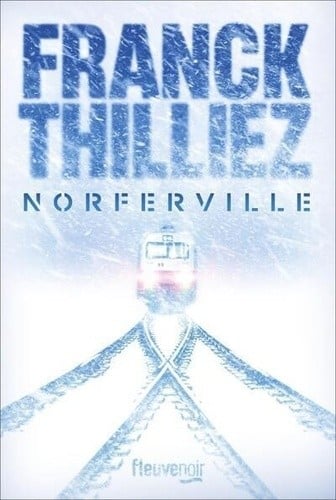En cours de chargement...
The Biomass Spectrum. A Predator-Prey Theory Of Aquatic Production
51,40 €
Neuf
Actuellement indisponible
Résumé
This is the first book to present a synthesis of the biomass spectrum approach to studying dynamic ecosystems. There is a need in ecological system analysis to formulate well-defined observations on scales of aggregation suited to the purpose of investigation. Over the last three decades the authors have developed the idea of plotting the densities of the biomass of all organisms in a community by body-size classes, in the form of a biomass spectrum. This has revealed a hierarchical pattern of serial interactions and supported the development of an underlying theory of predator-prey energy transfer. This in turn bas led to a new understanding of the self-organizing properties of ecological production systems. In recent years the observation, theory, and requisite mathematical underpinnings have reached a point where a comprehensive synthesis of the biomass spectrum in terms of energy flows and application to ecological production systems bas become possible. In this book the authors describe the potential of this approach for understanding the dynamical processes underlying production and its exploitation, especially in aquatic ecosystems. In this first comprehensive synthesis the authors demonstrate the powers of explanation of the biomass approach, in terms of both the internal dynamics of individual organisms and of populations, allowing predictions to be made as to how the whole aquatic community reacts to measurable features of the external environment. The authors emphasize the practical examples to using ibis approach in terms of the effects of heavy fishing on natural communities of both marine and freshwater organisms. Their conclusions offer hope that a practical and effective system of remedial action can bc applied to exploited natural ecosystems.
Sommaire
- Choosing and organizing observations
- The empirical evidence
- The detailed structure of the spectrum
- Toward a mathematical model
- Feeding relationships in the spectrum
- Physiological bases for spectra
- System properties of biomass spectra
- Alternative views of the system underlying fisheries
- Levels of ecological system output
- Implications for fisheries management
Caractéristiques
-
Date de parution06/09/2001
-
Editeur
-
Collection
-
ISBN0-231-08459-5
-
EAN9780231084598
-
PrésentationBroché
-
Nb. de pages320 pages
-
Poids0.495 Kg
-
Dimensions15,0 cm × 23,0 cm × 2,0 cm
Avis libraires et clients
Avis audio
Écoutez ce qu'en disent nos libraires !
À propos des auteurs
STEPHEN R. KERR is Cox Fisheries Scientist-in-Residence in the Department of Biology at Dalhousie University.
LLOYD M. DICKIE is a scientist emeritus at the Bedford Institute of Oceanography and a fellow of the Royal Society of Canada.





